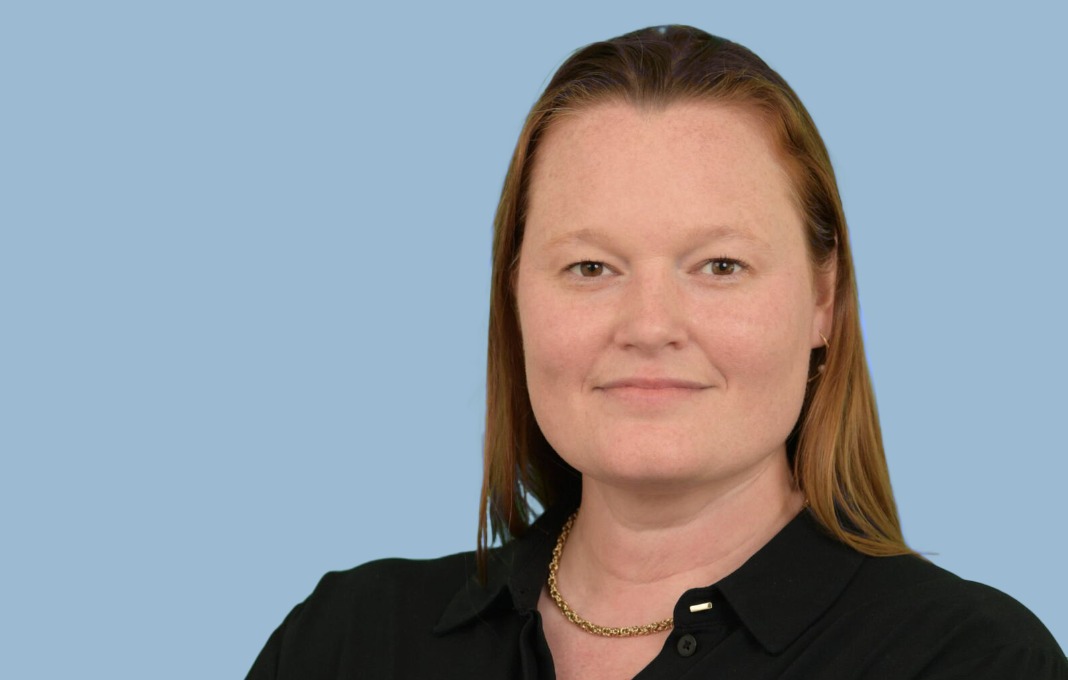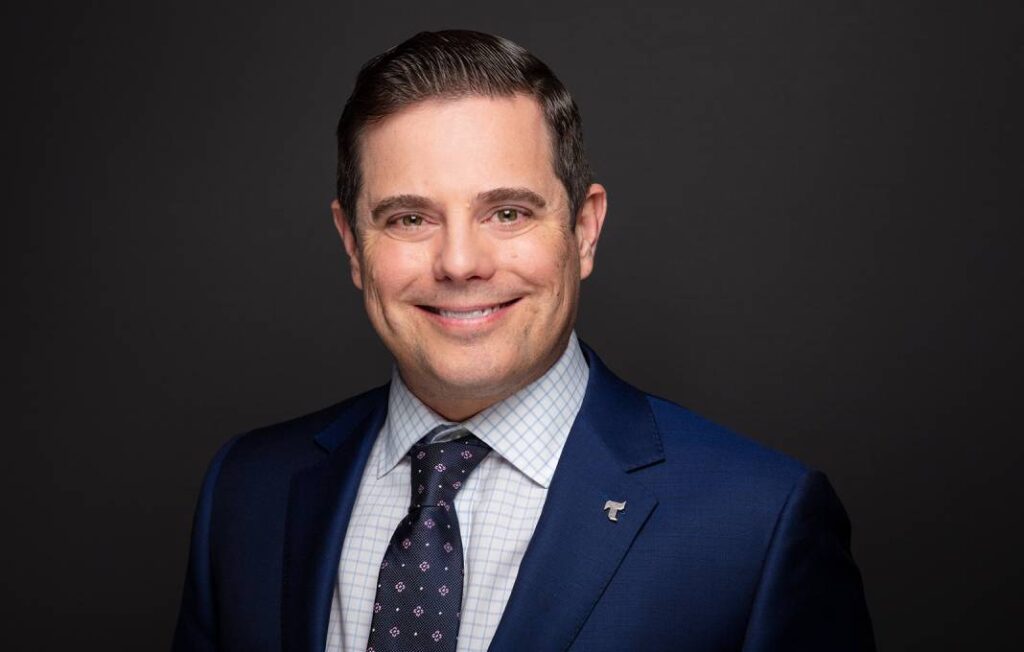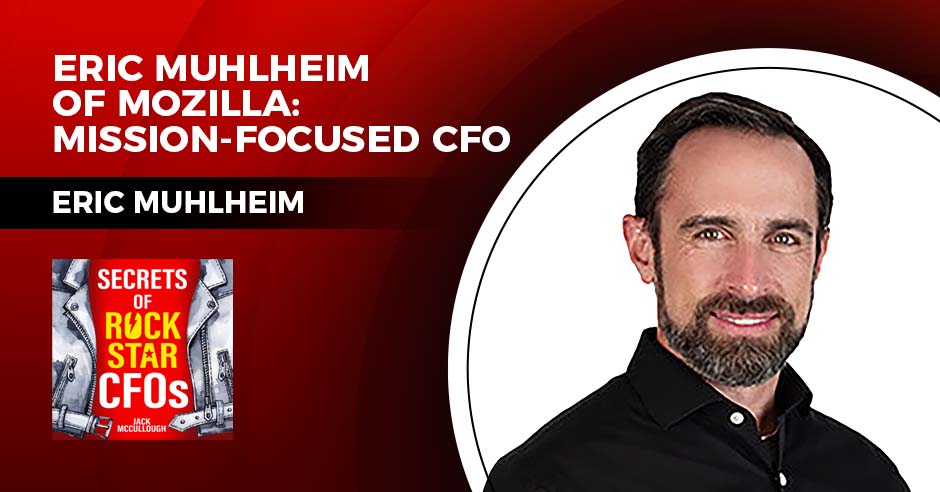Transitioning from strategic consulting to executive leadership, Sarah Spoja had an atypical journey to her current position as CFO of payables automation company Tipalti. But that broad scope of problem-solving skills has empowered her to achieve impressive growth, through global crises and ever-changing markets.
She sat down with StrategicCFO360 to share her perspective on the importance of cross-functional and genuine leadership, how she approaches professional development and her insights on AI.
You work for one of the hot companies in Silicon Valley, Tipalti. And you’ve been there about five years, I believe. But for those who may not be familiar with Tipalti, do you think you can give the 10,000-foot view?
Tipalti is a payables automation company, specifically targeting mid-market companies up through enterprise companies in all of the financial automation and manual work that our finance and accounting leaders do every day. Most people know us in AP automation, so accounts payable automation, helping with vendor onboarding, invoice approvals and workflows, payments to 196 countries, and 120 currencies, and all the reconciliation that goes on to take that back to your ERP to really streamline and take out about 80 percent of the work on accounts payable.
But over the last few years, we’ve also launched solutions and procurement and management. We’ve always had foreign exchange services. And most recently, expense management. All of this is done on a single platform with integrated data, integrated payments and workflows, really helping to streamline those whole financial operations. As CFO of Tipalti, I’m a power-user of our own products. And I get to experience what our customers experience every day when they use our products.
Before Tipalti you worked at Bain and KKR. I’m curious how that experience has prepared you for one of the hot CFO jobs in the country.
When I was applying for my first “real” job, the strategy consulting firms were really interesting to me, as they are a wonderful learning environment. I probably worked on 20 different companies or situations over a course of four years. My time in strategy consulting really taught me how to think. And it taught me how to break down problems into smaller pieces, and to prioritize and get to the heart of what really matters when you’re looking at a business problem.
I went to business school following that, and then ended up at a private equity firm at KKR, doing a mixture of investing and looking for new investments. And then also internal consulting/taking seats in some of our portfolio companies.
Interesting. Because you are an MBA, not a CPA. I think they are both valid paths to becoming a CFO. But that MBA credential with the job being focused on strategy and leadership and some other things is an invaluable credential.
Yeah, I mean, both are absolutely necessary in the office of the CFO. And I think if you’re self-aware enough to know where your individual spikes are, from a skill set and experience, you can then solve and hire for where your spikes aren’t. And so, for me coming to Tipalti, the first and most important hire I made was the controller. I think that in finance most people either have a spike on more of the FPGA strip, strategy, M&A, fundraising side of the house, or they have a spike within a controllership side of the house. If you are trying to build the best team on the field, you need to fill your gaps with people that can bring their skill sets to sort of help the overall team be better.
You joined Tipalti in the Silicon Valley community at a really interesting time. It has to be the most chaotic five years in the life of a CFO, maybe in history. Tell us how that has been like?
I would frame it in two ways. First, I think the last five years have been volatile for many, many reasons. You think about Covid, the war in Ukraine and Russia, work from home, the tech run up in 2020 and 2021, these are all big moments happening in a very short order. CFOs need a point of view, be balanced, and make sure they are leading the ship in a way that keeps everyone rowing together in the same way, not leaning too far one way or the other.
Specifically, I joined Tipalti when there were 100 employees. I was the first finance hire. I wrote the first budget about eight weeks after I joined; it was the first time we had a budget. And so, building that muscle over time, building a cadence, building up the team and bringing in some kind of maturity over capital structure and growth, where we invest and where we pull back. That has been an interesting growth journey going from 100 employees to 1,000 employees.
I also think that as an executive in any leadership position in companies that are going that fast, you have to kind of reinvent yourself every six to nine months and say, “Okay, what is the best use of my time now versus what it was six months ago, and versus what it might be in a year, so that I can contribute the most that I can to this company.” So, at every six-to-nine-month juncture over the last five years, I’ve really had to think about what are the things that I should be doing to really add the most value here.
You had a couple of great gigs. You went to Tipalti, great company, but not one that a lot of people had heard of five years ago. What was the motivation? Why, Sarah, at that point in time to go to a CFO role and why that particular company?
I did have a lot of opportunities coming out of KKR, across a number of industries. For me, I had spent a ton of time in B2B payments, and really felt like B2B payments in this space just had so much tailwind. If you think of where consumer payments are, with the digitization of consumer payments—there are people on my team who have never written a check for their personal lives—but in B2B it’s not anywhere near there. And so, I thought it could be a durable, multi-decade growth industry. If I could find a company that has a chance of being a leader in that space and join them early to provide whatever value I can to that company, to help it become a leader, that would be an important career move for me.
Tipalti has served that. Some of the stuff we are doing today, I didn’t even have in my head five years ago when I joined. It’s always nice to be surprised on the upside of how far we have come.
One thing I remember when you first joined, the founder and leader, Chen [Amit], how excited you were to work with a visionary like him. Last five years, what has that relationship been like for the two of you building this great company together? With a lot of other people, of course.
When I was getting inbounds to leave KKR, I wanted to join a place where I felt like I could be learning from a lot of different people and across the company. And frankly, when you surround yourself with people that are so much stronger than you in all these other areas, everyone becomes stronger together as a team. And also, the tenure of the executive team. When you have people working together for five, six, seven, 10 years together, there is a trust that gets built. I think in the very dynamic world of tech, that’s not always the case. I do feel lucky with the consistency of the team that we have had here with Tipalti.
The CEO/CFO relationship is hugely important. At the end of the day, you have to be driving the ship in the same direction. You may have different points of view and how you resolve this, influencing each other is greatly important. But you have to go the same direction. For Chen and me, we found a great way to work together. We both listen to each other.
It’s so important that your boss recognizes what the strategic and analytical CFO, like yourself, can bring. Because there are still people that think of CFOs as really good accountants. It’s not the case. The CFO has one of the most cross-functional jobs in the company.
Yeah. It’s definitely a unique role. It’s also something we actively think about when we hire for our team. I want people to join my team who want to spend 10 percent of their time or 50 percent of their time doing something that’s not in the core skill set of an accountant or a finance major. Because I want them to go out there and do that webinar, meet other finance leaders, build a network and bring back ideas to the company. Having great people on the ground using the product every day and being willing to give their feedback on a day-to-day basis is making the product better.
What is your philosophy on growing a team? Not only in the world of finance and accounting, but also because you are cross functional throughout the entire enterprise.
People join companies because of people, people leave companies because of people. It’s all about leadership. We’ve really doubled down on learning and development across our team, we’re doing lots of cross-training. In this sort of slower growth environment, from a macro perspective, career growth is going to look different for a lot of people. Be transparent about what it’s going to look like now, but offer up opportunities where people feel like they’re learning new skills, and they’re engaged and connected to their colleagues in a way that makes them enjoy being at work every day.
I think the second piece of it is, you have to show up genuinely, as yourself to work every day. Some people believe that being transparent and vulnerable in their relationships with their work colleagues can make them less influential, or maybe held in less regard. And I honestly think the absolute opposite. And so, I like to come with humor, I like to come with sharing and vulnerability, empathy. It would be very hard for me to be at a place that either didn’t value that or where I couldn’t show up and be 100 percent me.
In the past, you and I have spoken a little about what you call adopting a growth mindset.
I think a growth mindset is really important. I talked a little bit about how do you reinvent yourself, and that in and of itself is a growth mindset. Also, if you look, historically, over time, about 75 percent of all shareholder value created over time is actually from revenue growth, then another 10 percent is actually from multiple expansion, which by the way, is directly correlated to revenue growth. So, you can really say 85 percent of shareholder value over time is on revenue growth. Even in this environment, as you cut back on anything decreasing marginal expenses, you have to pick a few battles that you are going to invest in. Investors don’t have to sit in the room. And so, investors can be really loud. You know, 18, 20 months ago, they’re very loud about cutting costs, etc. Those same investors are going to look at a company that’s growing 20 percent year over year, or 14 percent year over year in 2026 and say, “Where are you going to accelerate growth?” And at that point, it might be too late.
So, the executives in the rooms have to continue thinking about what are the smart investments that I can make, that will drive growth for my business, not only next year, but in future years, and kind of continue to build out that pipeline of growth opportunities. Investors are fickle. And the capital markets are fickle. But they are going to come back, and ultimately, growth has historically been the major driver of shareholder value creation. I don’t think that’s going to change anytime soon.
How do you see technology impacting the role of the CFO in the next few years?
With Tipalti and our own products, we have AI built into a number of areas in our product, and we have an entire teams of folks that are working on our AI products inside of Tipalti. But the office of the CFO, I think that’s slower to adapt AI technology than other areas across the business. And what you see is this concern amongst finance leaders—wanting all the benefits of AI, manual workload reduction, and streamlining and faster data, what have you, but afraid of the one percent mismatches that will come when I don’t have a human being reviewing every single journal entry or what have you.
A lot of the vendors in the space, Tipalti included, are going to add these solutions into technology. I think that is where in the midmarket enterprise, especially in SMB, you are really going to rely on the vendors that exist in the marketplace, who are already the leaders in the various parts of the tech stack, just basically pouring gas on the solutions using AI in the right spots to help drive adoption and the value of those solutions.
On the other side, part of that growth mindset, I’m going to go learn. I’m going to bring in experts to talk to my team. I think that’s what leaders need to do right now. The acceleration of AI has just really ballooned in the last 11 months, and it’s going to exponentially continue to improve. It’s all about trying to get the most information and figure out kind of where to move your teams. And the more that we can automate quickly, the more your teams can spend time thinking about the strategic rationales, the scalability around your business, the growth in the business.







